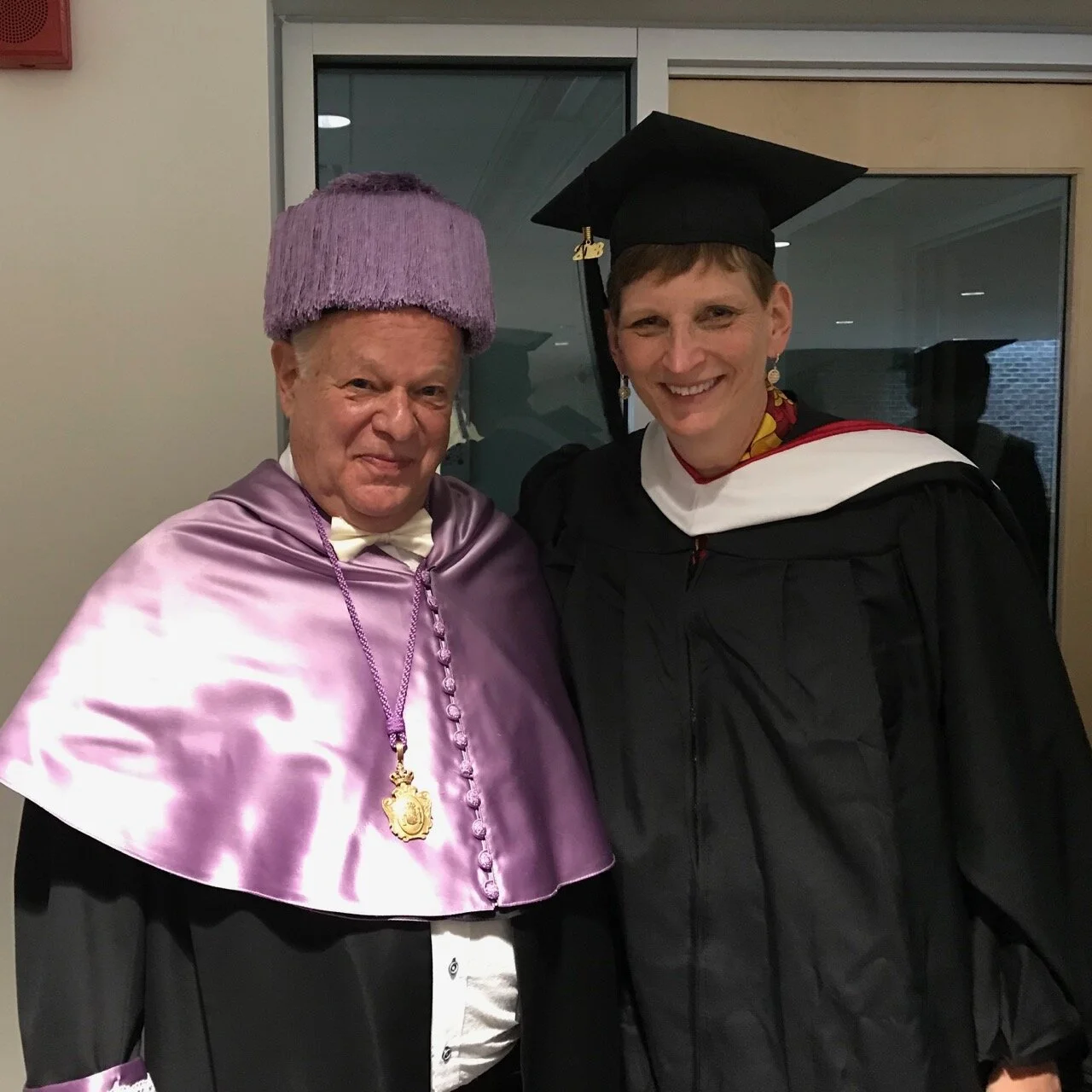IS POSITIVE PSYCHOLOGY THE SAME AS POSITIVE THINKING? THE ANSWER IS NO; HERE’S WHY.
THE FIELD OF PSYCHOLOGY
The modern study of psychology began in the 19th century with a focus on studying behavior and mental processes. Since the mid-20th century, post-World War II, the emphasis of psychology shifted towards remediation of mental illness. As a result, there have been tremendous strides made in the treatment of many mental health conditions including: depression, anxiety, bipolar disorder, and schizophrenia.
This is great news.
While this progress has relieved the suffering of many, it does not address well-being and human flourishing.
On a rating scale from negative ten to positive ten, traditional psychology is intended to move individuals from a negative state towards zero, but there are fewer efforts made to move people to the right of zero where individuals can lead their best lives.
Unfortunately, the absence of mental illness does not necessarily equate to the presence of mental well-being.
POSITIVE PSYCHOLOGY
In 1998, Martin Seligman, as President of the American Psychological Association (APA), challenged his colleagues to explore the science behind what makes life worth living. He named the field “Positive Psychology” with the purpose being to complement (not replace) the traditional field of psychology.
Dr. Martin Seligman and me when I earned my Master of Applied Positive Psychology at the University of Pennsylvania.
In addition to repairing what goes wrong in life, he felt there should be a focus on building what is good. While research related to positive psychology was already underway, the creation of the field led to a more concerted effort to provide the scientific research to support theories related to human flourishing.
One of the fundamental assumptions of positive psychology is that human goodness is as essential and authentic to humans as is disease and mental illness. Neither one is secondary or should take a back seat to the other.
HUMAN FLOURISHING
What is the good life? What is happiness? These questions, which are at the core of positive psychology, have been asked for thousands of years by philosophers like Aristotle, Socrates, Confucius, William James, and Abraham Maslow.
More modern religious leaders like the Dalai Lama, The Lubavitcher Rebbe, and the Pope have posed similar questions about meaning and purpose. While the underlying motive driving positive psychology, to enhance human flourishing, is not new, the empirical research to support theories that promote well-being is.
Since Seligman’s speech to the APA in 1998, the field of positive psychology has made great strides but is still not universally known or understood.
POSITIVE THINKING
Many people are under the misperception that Positive Psychology is the same as Positive Thinking.
While I am a big fan of optimism and finding the silver lining in adversity, this is only a small piece of the field of study. Positive Psychology is the science of well-being and human flourishing and to experience a life worth living, we need to embrace the entire range of human emotions…not just positive ones.
One widely accepted theory of well-being is Martin Seligman’s PERMA model which is an acronym for Positive emotions, Engagement, positive Relationships, Meaning and Accomplishment.
It is the combination of these five elements, not one single dimension alone, that promotes human flourishing. While individuals will vary in the intensity with which they experience each variable of PERMA, it is important to acknowledge that positive emotions alone does not necessarily lead to a fulfilling life.
BOTTOM LINE
Well-being and human flourishing are complicated and difficult to define. Through research, the field of positive psychology is helping to find evidence of what enables us to find happiness and embrace a life worth living.
WANT MORE PRODUCTIVITY TIPS?
Check out Super-Productive: 120 Strategies to Do More and Stress Less.
Available on Amazon.





